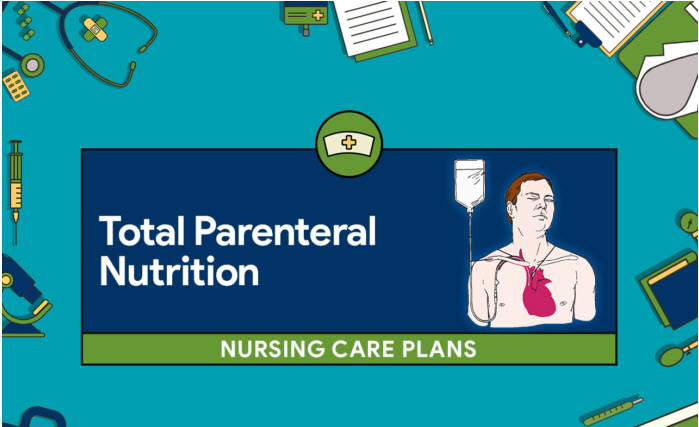Kế hoạch chăm sóc điều dưỡng cho bệnh Hemophilia
Kế hoạch chăm sóc điều dưỡng bệnh van tim
Kế hoạch chăm sóc điều dưỡng cho bệnh Gout / Gouty viêm khớp
Kế hoạch chăm sóc điều dưỡng cho nhiễm trùng đường tiết niệu (UTI)
Kế hoạch chăm sóc điều dưỡng cho bệnh viêm khớp dạng thấp (RA)
Kế hoạch chăm sóc điều dưỡng cho đột quỵ
Kế hoạch chăm sóc điều dưỡng cho bệnh nhiễm trùng huyết

Spinal Cord Injury Nursing Care Plans
A spinal cord injury (SCI) is damage to any part of the spinal cord or nerves at the end of the spinal canal. The condition often causes permanent changes in strength, sensation, and other body functions below the site of the injury.

Total Parenteral Nutrition (TPN) is a method of administration of essential nutrients to the body through a central vein. TPN therapy is indicated to a client with a weight loss of 10% the ideal weight, an inability to take oral food or fluids within 7 days post surgery, and hypercatabolic situations such as major infection with fever. TPN solutions requires water (30 to 40 mL/kg/day), energy (30 to 45 kcal/kg/day, depending on energy expenditure), amino acids (1.0 to 2.0 g/kg/day, depending on the degree of catabolism), essential fatty acids, electrolytes, vitamins, minerals, and trace elements. These solutions can be adjusted, depending on the presence of organ system impairment or the specific nutritional needs of the client. TPN is usually used in hospital, subacute and long-term care, but it is also used in the home care settings.
Nursing Care Plans
The major goals for the patient undergoing total parental nutrition may include improvement of nutritional status, maintaining fluid balance, and absence of complications.
Here are four (4) total parenteral nutrition nursing care plans (NCP):
Imbalanced Nutrition: Less Than Body Requirements
Risk for Excess Fluid Volume
Risk for Deficient Fluid Volume
Risk for Altered Body Composition

Mechanical ventilation can partially or fully replace spontaneous breathing. Its main purpose is to improved gas exchange and decreased work of breathing by delivering preset concentrations of oxygen at an adequate tidal volume. An artificial airway (endotracheal tube) or tracheostomy is needed to a client requiring mechanical ventilation. This therapy is used most often in clients with hypoxemia and alveolar hypoventilation. Although the mechanical ventilator will facilitate movement of gases into and out of the pulmonary system, it cannot guarantee gas exchange at the pulmonary and tissue levels. Caring for a client on mechanical ventilation has become an indispensable part of nursing care in critical care or general medical-surgical units, rehabilitation facilities, and the home care settings. Ventilator-associated pneumonia (VAP) is a significant nosocomial infection that is associated with endotracheal intubation and mechanical ventilation.